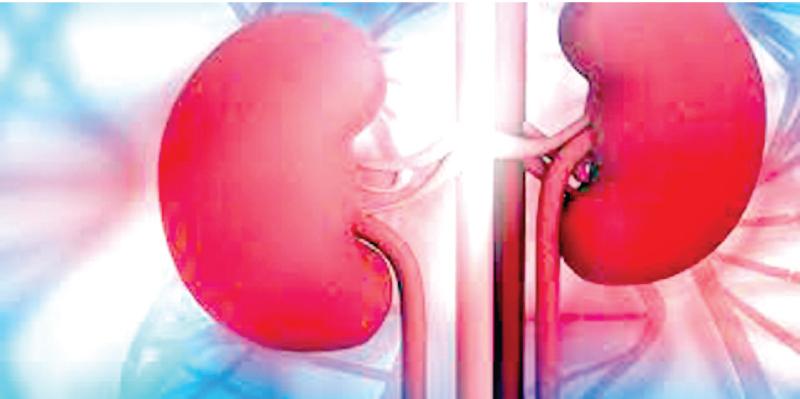
It’s commonly known that our kidneys are vital to human life as they remove wastes and excess fluids from the body. However, the human kidney does much more than this and its importance in our daily life is easily overlooked. Kidney disease is an emerging non-communicable disease that carries an unforeseen burden to oneself and the community.
How you may ask? Well, its implications are not commonly made aware, but those with this terrible ailment experience a drastic reduction in the quality of their life especially towards the latter stages of kidney disease where they have to be dependent on dialysis.
This in turn has a huge financial impact on the families involved where savings dwindle and monthly incomes progressively become insufficient. On a national scale, providing dialysis facilities cost a fortune and the recent increase in the number of patients with kidney disease has put an immense strain on the currently available facilities.
Why are kidneys vital to life?
1) It controls and maintains the right amount of water in our body. In instances where we take in an insufficient amount of fluid, the kidneys work by concentrating the urine so that dehydration can be prevented to a certain extent. On the other hand, drinking an excess of fluids can cause the water to accumulate leading to body swelling. This can lead to disastrous complications like heart failure.
2) It plays a crucial role in removing toxic waste products from our body continuously.
3)It synthesises a hormone called Erythropoietin which stimulates the production of red blood cells.
4) It carries the enzyme 1 alpha hydroxylase which is required to convert Vitamin D to its biologically active form. This in turn ensures a balance of calcium and phosphate levels in our body which is important for healthy bones.
What are the main risk factors for kidney disease?
* Diabetes
*Hypertension
* Polycystic Kidney Disease
* Obesity
* Toxins
Some medications if taken for a prolonged amount of time can be deleterious to the kidneys. These include the class of NSAIDs (egBruffen, Diclofenac Sodium) and PPI (eg Omeprazole) Starfruit is also another cause of kidney disease. Unknown to many, excessive consumption of starfruit has been associated with oxalate nephropathy which in turn leads to kidney disease.
Venomous snake bites can also cause kidney injury. Certain species namely the Russels Viper and Humped Nose Viper have led to acute kidney injury and ultimately kidney failure.
How can we detect kidney disease?
* If you have frothy urine. (urine turns frothy or foamy)
* Plain tea coloured/ Blood coloured urine
* If you have diabetes, hypertension or heart disease your kidneys might be in danger.·
* Regular screening blood and urine investigations in those who are at increased risk of kidney disease
Prevention is always better than cure. So with the upcoming World Kidney Day, we would like to increase awareness of kidney disease in the community and offer a screening program for those at risk of developing kidney disease.
- A free kidney screening program will be held at the Nephrology Unit, NHSL on March 8 to mark World Kidney Day. All are welcome
